Past Challenges
Fall 2019 Edition, with Credit Suisse, on "Machine Learning Applications"
Final Session
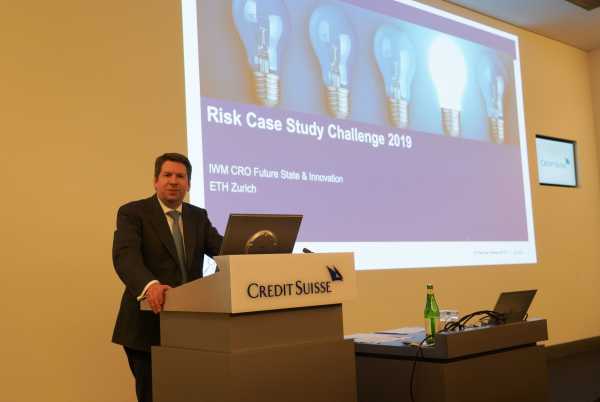

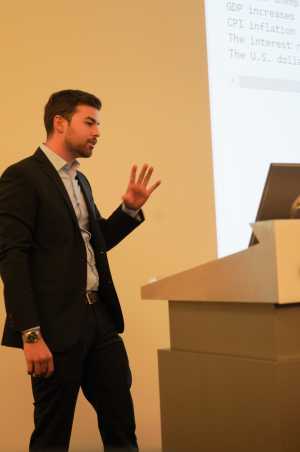
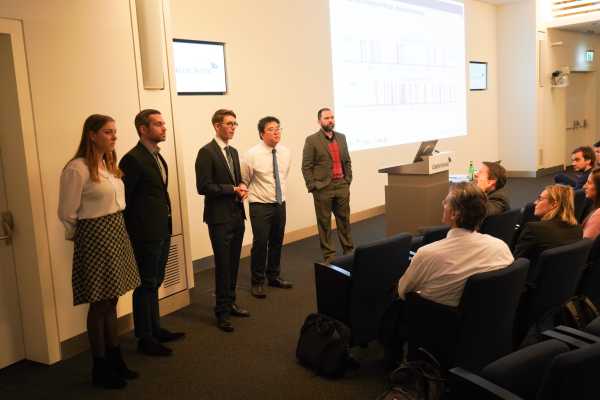
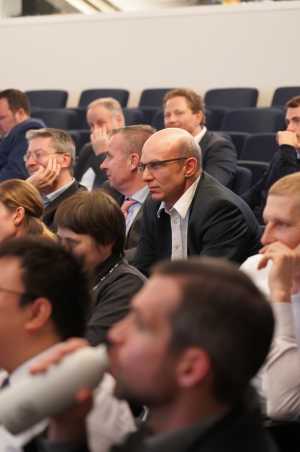
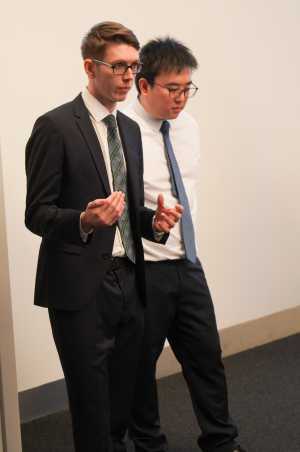
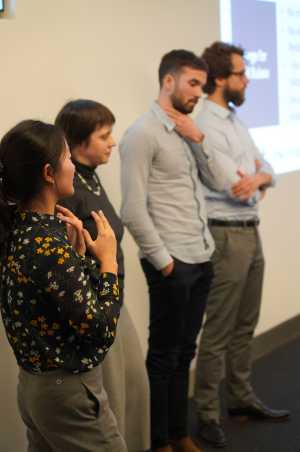
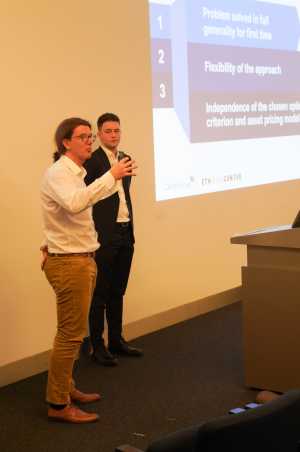
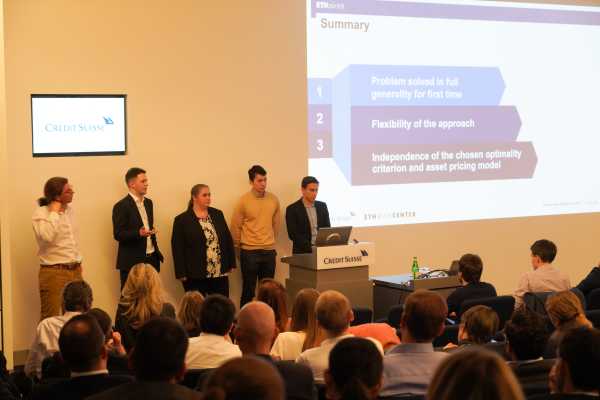
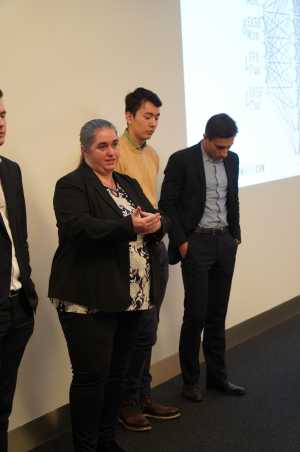
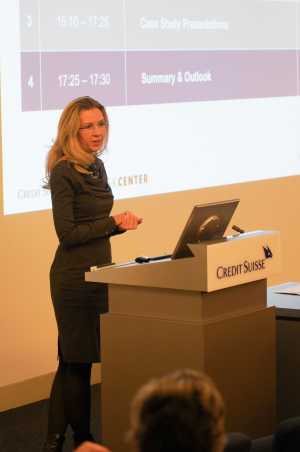


Machine Learning Applications

How can Machine Learning help a bank identify, monitor, and manage risks and define its risk-taking strategies and risk appetite?
About:
Machine Learning (ML) and artificial intelligence are set to transform the banking industry, using vast amounts of data to build models that improve decision-making, tailor services, and improve Risk Management.
You are challenged to think beyond traditional approaches in gathering data and information and think creatively about the future needs of the banking sector. You have the opportunity to design and implement innovative risk-management tools that use ML. You are aware of the potential downsides of ML models, which may for example amplify some elements of model risk.
This is an opportunity to get an overview of the practical complexities of Risk Management. Typically, the Risk Case Study Challenge provides a first step towards a business-changing innovation – developed by you!
Case Managers:
Raymond Angelil, International Wealth Management & Enterprise Risk Management
Dimitrios Kyritsis, International Wealth Management & Enterprise Risk Management
Jakub Piorkowski, International Wealth Management & Enterprise Risk Management
Gaby Becker, Principle Business Lead, Quant Strats, IRRBB Modeling
Ozan Akdogan, International Wealth Management Investment Solutions & Products Portfolio Construction
Spring 2019 Edition, with Zurich Insurance, on "Global Supply Chain Risks"
Final Session
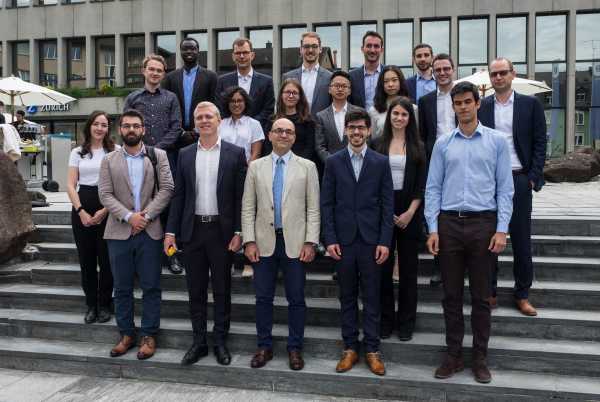

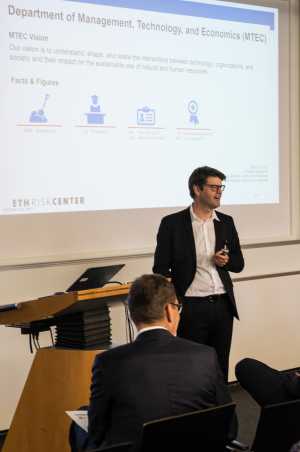
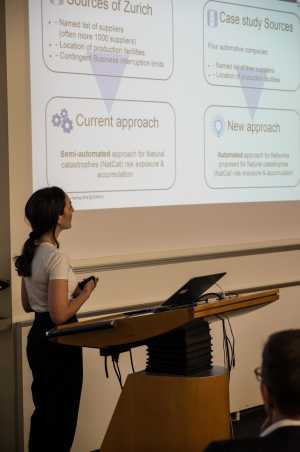
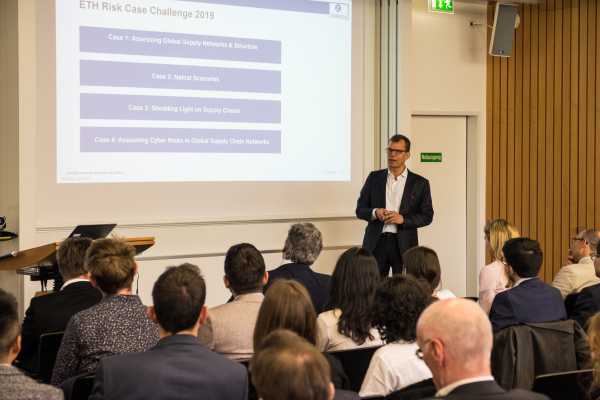

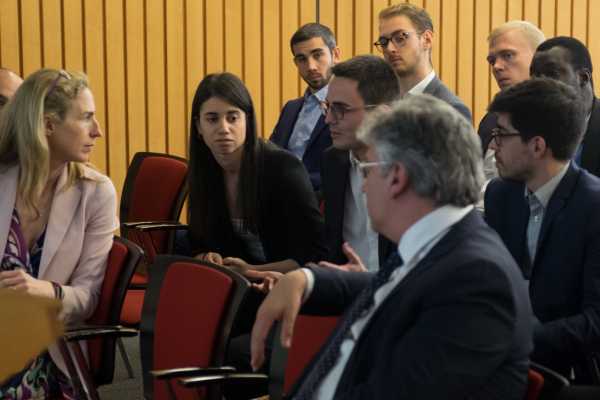
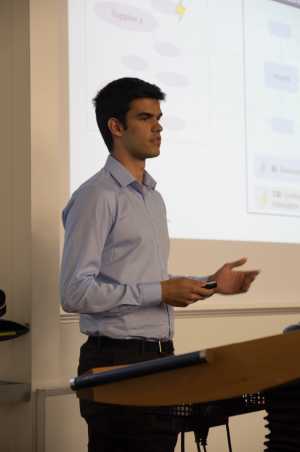
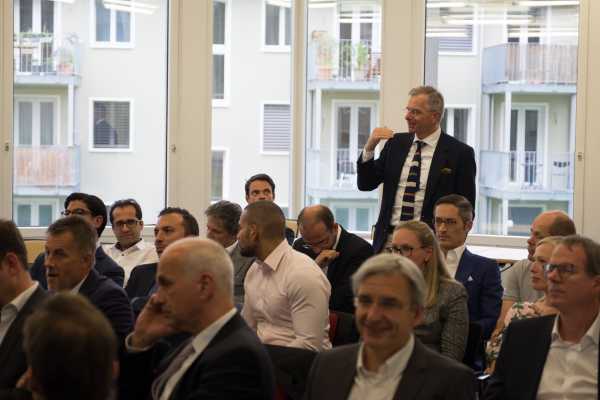
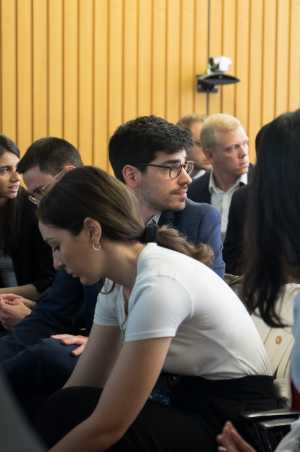

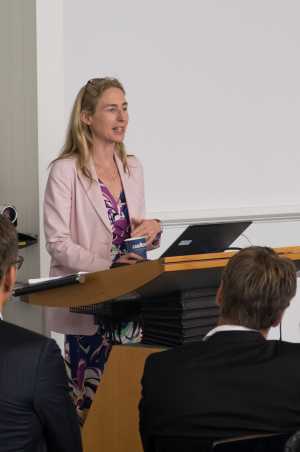
Supply Chain Risks and Extreme Events: From Natcats and Climate Change to Cyber

How to quantify Supply Chain Risk exposure and how to foster their adaptation through innovative risk transfer?
About:
Supply chain networks, as a critical part of global production, have become more complex and global in recent years. With that, they are also increasingly exposed to various threats – ranging from interruptions due to natural hazards and climate change but also due to growing cyber threats impacting the whole value chain of a company by going beyond the production process.
On the basis of supply chain data together with scenarios for natural catastrophes and cyber threats, you are challenged to think about framing and modelling these risks, to think beyond traditional approaches in gathering data and information and to think about adaption and suitable risk transfer solutions.
On top of that, you need to take into account that climate change will not only reinforce some of these natural hazards, but also that they have the potential to change our livelihoods beyond the CO2-limitation. Typically, the Risk Case Study Challenge provides a first step towards a business-changing innovation – developed by you!
Case Managers:
Otto Kocsis, Principal Business Interruption & Resilience, Member of Executive Staff, Zurich Insurance (Lead Organizer)
Gerry Kane, Cyber Risk Engineering, Zurich Insurance
Amar Rahman, Principal Risk Engineer / Global RE Practice Leader Natural Hazards, Zurich Insurance
Iwan Stalder, Head of Accumulation Management, Group Underwriting Excellence, Zurich Insurance
Spring 2018 Edition, with Swiss Re, on "Conceptualizing and Assessing Reputation Risk"
Read the ETH News Story on the Seminar here
Final Session
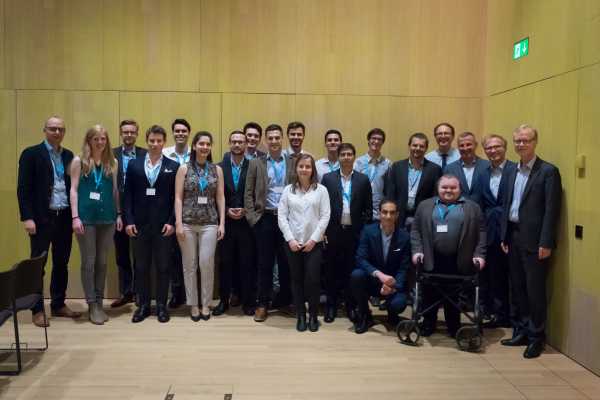
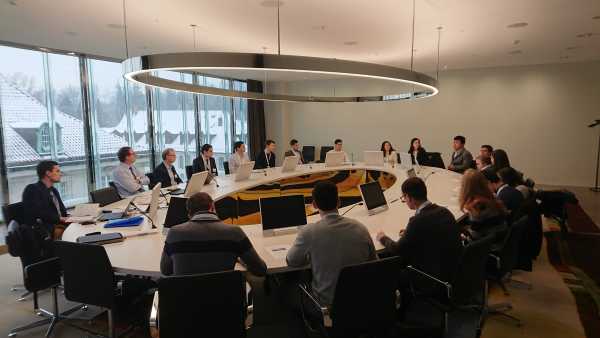
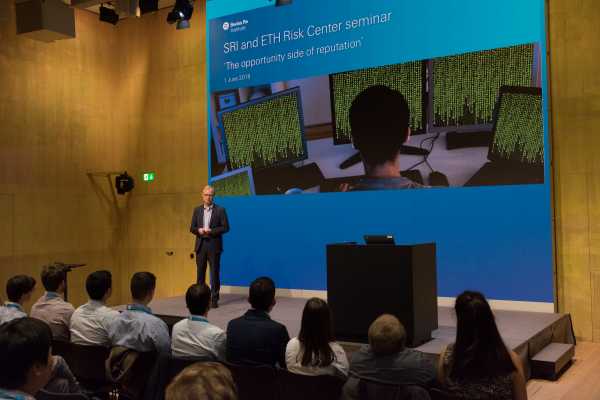
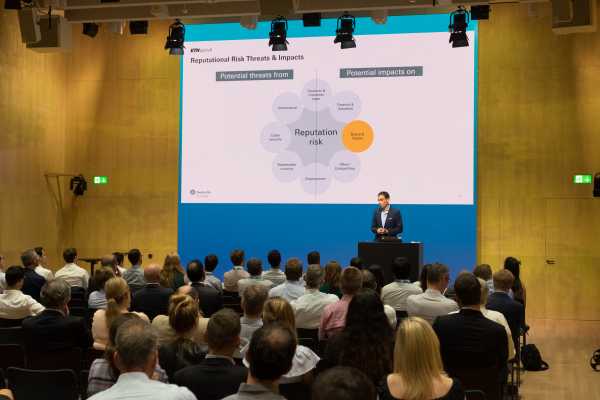



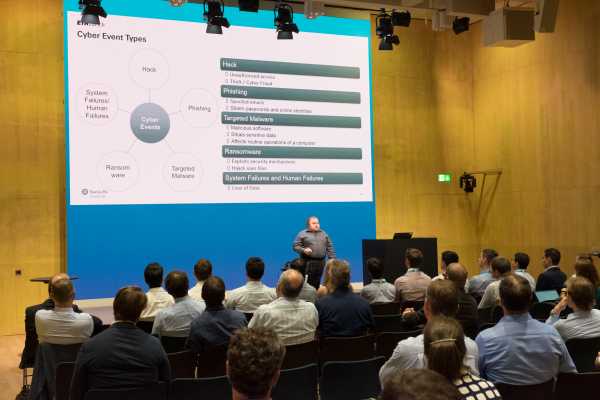
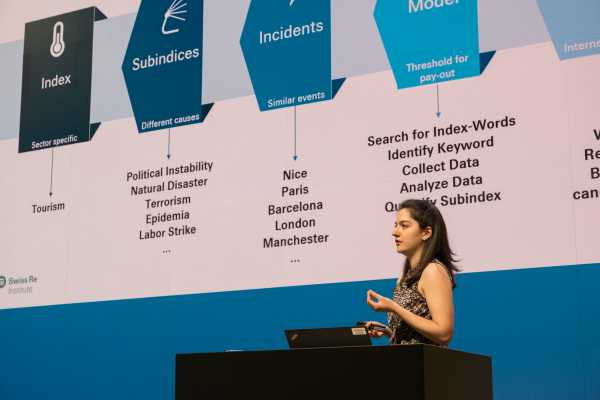
Conceptualizing and Assessing Reputation Risk

Reputation risk is relatively new in the risk management world - it has been around for about a decade and only more seriously examined in the last 2-3 years. Over the past few years, while defective products, fraudulent business practices or corruption continue to be key reputation wreckers, new media technologies have greatly amplified their negative impact, making companies more vulnerable.
The management of reputation risk is challenging, as it is generally considered as a “risk of risks”. Since historical record of events, data and model aspects of reputation risk are in a conceptual stage for insurance business, reputation risk is mainly considered as a partly insurable risk for companies at the moment.
Possible Tasks for the Seminar (splitted over the groups):
- Derive a definition of reputation risk and give some recent examples
- What kind of reputation damaging events are there?
- What are the frequencies and “sizes” of the events? Do past reputation-damaging events indicate a higher likelihood of another occurring?
- Estimate the exposure to a reputation-damaging event that a company has
- Think about insurability of reputational damage after a cyber-event
- Check potential indices that could offer a good enough Reputational Risk protection
- Leverage tools for text mining to approach reputation risk
- Do past reputation-damaging events indicate a higher likelihood of another occurring?